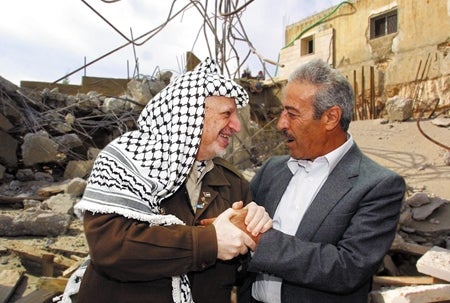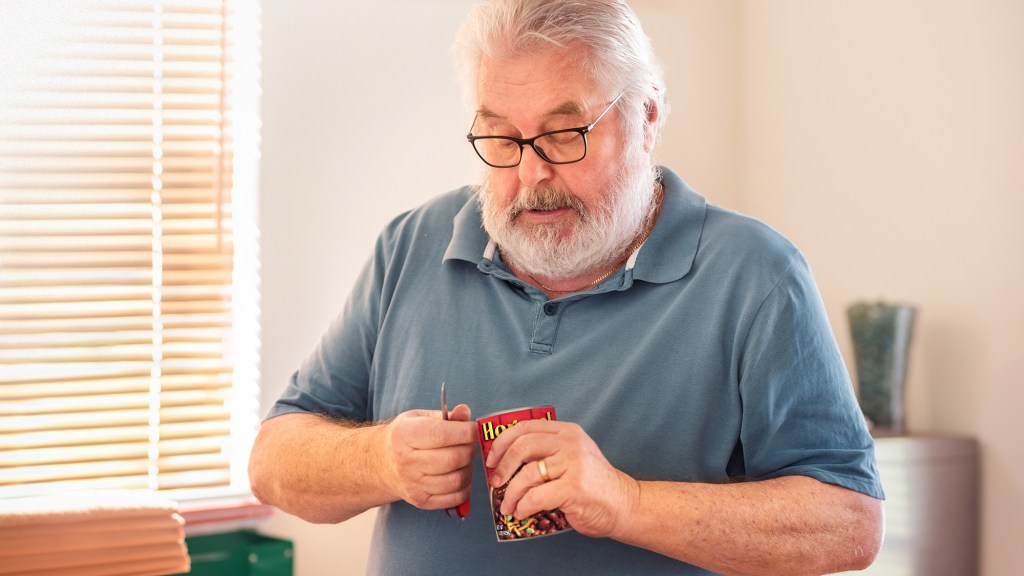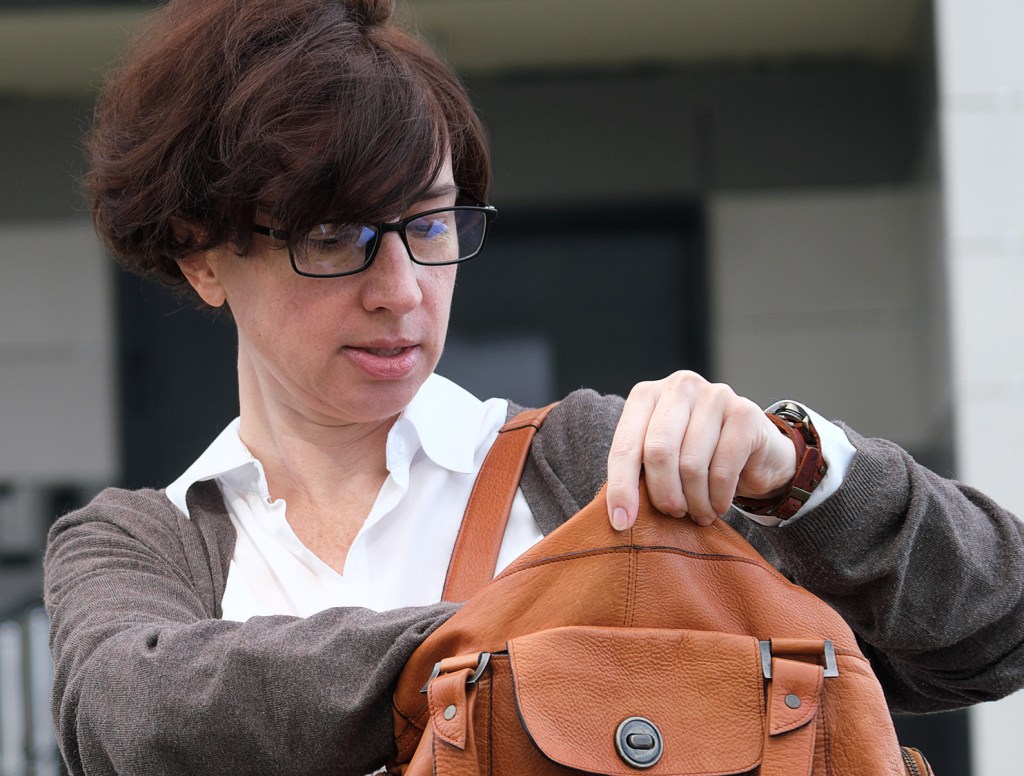RAMALLAH, WEST BANK—After weeks of political infighting, Palestinian Prime Minister Ahmed Qureia announced the appointment of Hassan Al-Katif as the region’s new Minister of Rubble and Urban Development Tuesday.
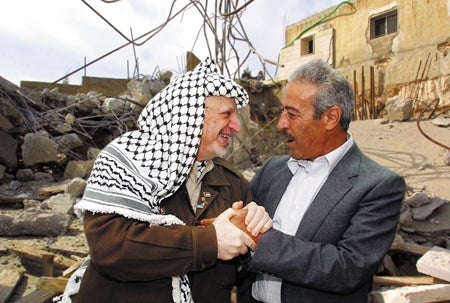
“It is a great honor for me to name a man as experienced as Mr. Al-Katif to this post,” Qureia said at a press conference held on top of a pile of rocks that was formerly a local mosque. “Palestine is in need of a strong leader to spark growth in urban areas and manage our burgeoning rubble sector, which is the fastest growing in the world.”
The appointment came after several weeks of discord between Qureia and Palestinian leader Yassir Arafat over who should replace the region’s 30-day emergency rubble minister. Al-Katif was strongly backed by Arafat.
“Having worked in the private sector as a rubble developer and organizer, Mr. Al-Katif understands Palestine’s rubble situation,” Arafat said. “He has a strong plan that charts a path to capitalization on our vast and ever-increasing supply of rock fragments and crumbled masonry.”
Continued Arafat: “Palestinians need a man of Mr. Al-Katif’s unequaled vision. In the coming years, he will oversee the construction of many wonderful new schools, courthouses, banks, and monuments. He will then truck away the remains of those buildings and monuments when they’re reduced to gravel and dust.”
Arafat said Al-Katif has great plans for “the West Bank’s most abundant resource.”
“We have chosen a man who not only accepts the reality of continued rubble creation for the foreseeable future, but also embraces it,” Arafat said. “I see the Palestinian people forever rich in rubble. We must utilize our extensive rubble resources to rebuild and re-rebuild Palestine.”
Al-Katif took the podium and briefly outlined his plans for the region.
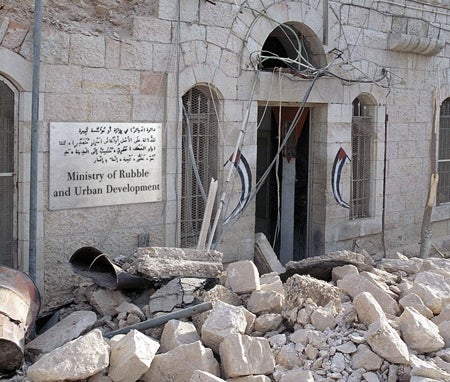
“The ministry will provide universal access to potable water, electric and sewage-treatment facilities, and adequate housing,” Al-Katif said. “We will also move many huge piles of brick, garbage, dirt, and broken glass.”
Al-Katif then took a moment to memorialize Amir Al-Lozari, the former RUD Minister. Al-Lozari was killed in what Israeli occupation forces characterized as an “accidental burst of gunfire,” while surveying a new rubble development on the former site of the 1,400-year-old Abu Al-Sharim library.
“Amir was more than a boss to me—he was a friend,” Al-Katif said. “He was a visionary, an important contributor to rubble theory, and a brilliant pragmatist when it came to the urban development of Palestinian lands. We will miss Amir, but we will remember him by continuing the great work he started.”
Al-Katif responded to a reporter who suggested that his plan focused more on rubble than on urban development.
“These are two sides of the same coin,” Al-Katif said. “Today’s development is tomorrow’s pile of rubble, and today’s pile of rubble is tomorrow’s makeshift shelter for a displaced family. It is all part of the same cycle.”
Some have expressed reservations about Al-Katif’s appointment, citing his early career as a building owner and landlord as a possible conflict of interest.
“Hassan Al-Katif owns, or has a financial interest in, more than 20 separate piles of rubble,” said community organizer Saadiqa Muhammad. “Can we expect him to make impartial judgments about zoning and public-rubble works, given that he has a personal stake in rubble sites all over the region?”
Al-Katif insisted that his interests lie with the people.
“For too long, rubble has been viewed as the sole property of the government,” Al-Katif said. “RUD needs to make affordable rubble available to all, and to provide the economic incentive for personal and private development of Palestine’s many massive piles of rocks and debris. The opportunity is there, if someone takes the initiative and stacks the rubble neatly.”
One of Al-Katif’s first initiatives will be aimed at a segment of the population often ignored by RUD: the youth.
“In spite of tough economic times, more and more young people are becoming rubble-owners. Take, for example, 16-year-old Dinuk Wijurnai, who recently returned to his neighborhood and found himself sole owner of the pile of rubble that was once his family home,” Al-Katif said. “The future of this country is in the hands, and under the feet, of children like Dinuk.”


